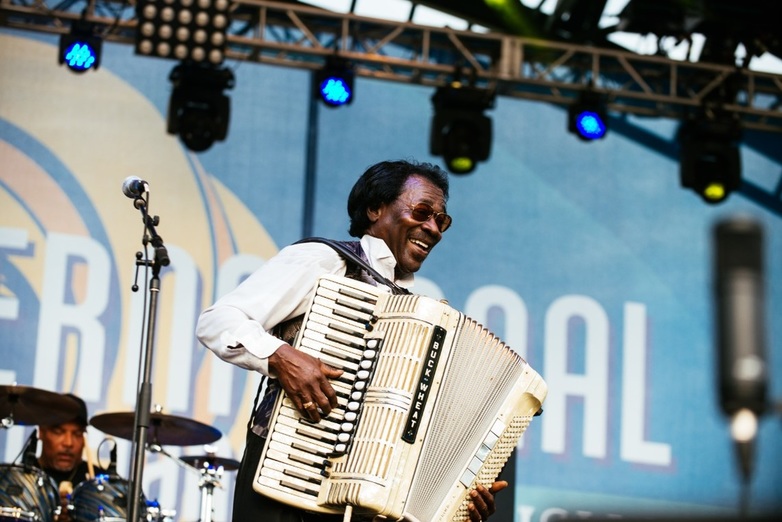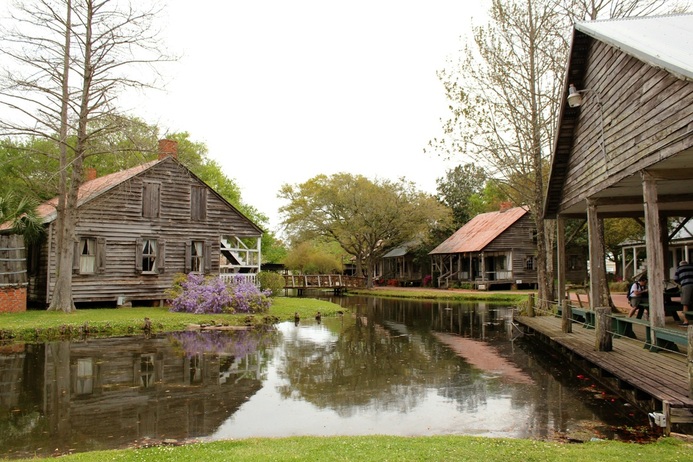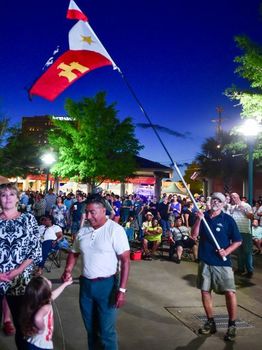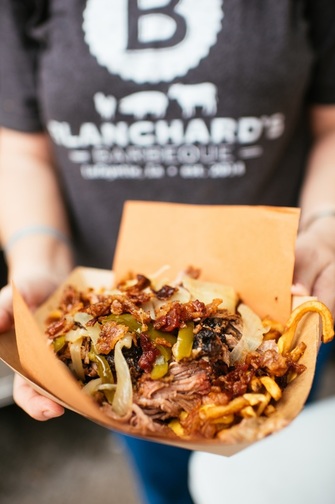Lafayette
The Cajun Epicenter of Louisiana
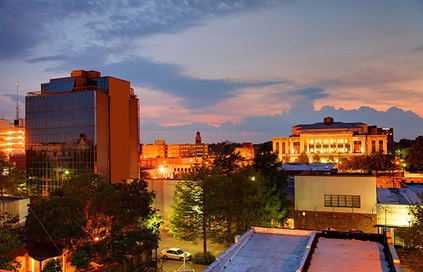
Downtown Lafayette
Originally founded as Vermilionville in 1821 by Jean Mouton, a French-speaking man of Acadian descent, Lafayette was renamed in 1884 for General Lafayette, who fought with and significantly aided the American Army during the American Revolutionary War. Historically the city's economy was primarily based on agriculture but in the 1940s, the petroleum and natural gas industries grew in prominence and have become, in concert with tourism, the primary drivers of Lafayette's economy today.
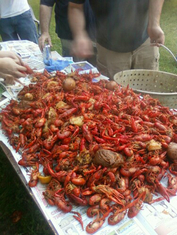 Cajun Crawfish Boil
Cajun Crawfish Boil
Lafayette is considered the center of Acadiana, a designated region of Cajun and Creole culture in Louisiana and in the United States generally. It developed following the relocation of Acadians after their expulsion by the British from eastern Canada in the late 18th century following France's defeat in the Seven Years' War. While ethnically Cajun and Creole people can be found all over central and southern Louisiana, Lafayette is the home of many of Louisiana's efforts to preserve and develop the French language as well as the force behind much of the political will to hold tight to Louisiana's unique heritage.
Lafayette is the annual host for Festival International de Louisiane, the largest International music and arts festival in the United States with a special emphasis on the connection between Acadiana and the Francophone world. With over 300,000 festival goers every year, the annual festival features musical performances by artists from over 20 countries along with workshops, exhibits, visual art, theater and other forms of performance arts. The 5-day festival is held in April transforming downtown Lafayette into an entertainment mecca.
Lafayette is the annual host for Festival International de Louisiane, the largest International music and arts festival in the United States with a special emphasis on the connection between Acadiana and the Francophone world. With over 300,000 festival goers every year, the annual festival features musical performances by artists from over 20 countries along with workshops, exhibits, visual art, theater and other forms of performance arts. The 5-day festival is held in April transforming downtown Lafayette into an entertainment mecca.
Historic Vermilionville
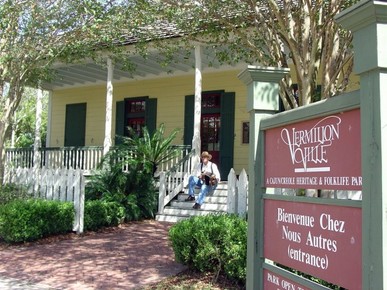
Entrance to Vermilionville Historic Village
The Vermilionville Living History Museum and Folklife Park is one of the world's largest physical representations of an early Acadian settlement using original structures dating from 17675 to 1890. Visitors are transported back in time with the historic park’s attractions, including seven restored original homes sitting on a 23-acre site housing local artisans demonstrating a variety of essential crafts performed by the early settlers.
A day spent experiencing all that Historic Vermilionville has to offer is a cornerstone of any ALCFES experience in Lafayette. Students learn about the history of the early days of life in Louisiana and are able to speak with historical experts, often in French, and other re-enactors who demonstrate much of the way of life during that time period.
A day spent experiencing all that Historic Vermilionville has to offer is a cornerstone of any ALCFES experience in Lafayette. Students learn about the history of the early days of life in Louisiana and are able to speak with historical experts, often in French, and other re-enactors who demonstrate much of the way of life during that time period.
